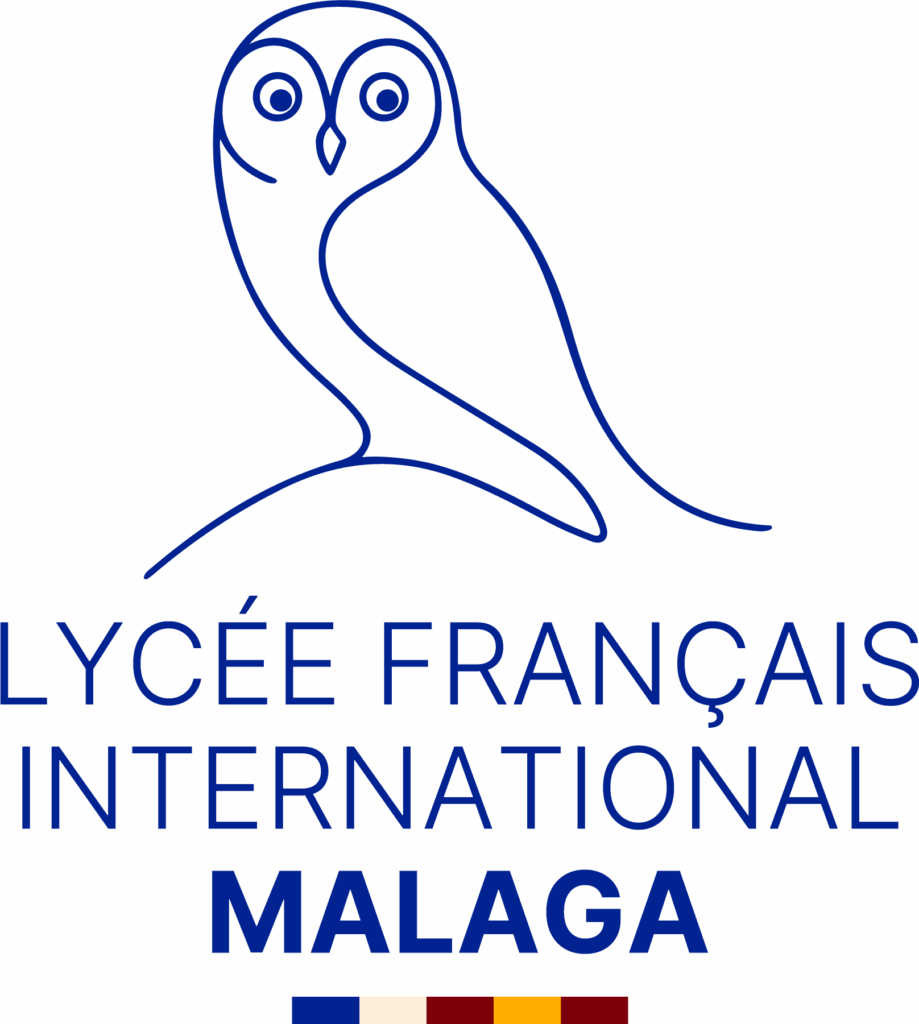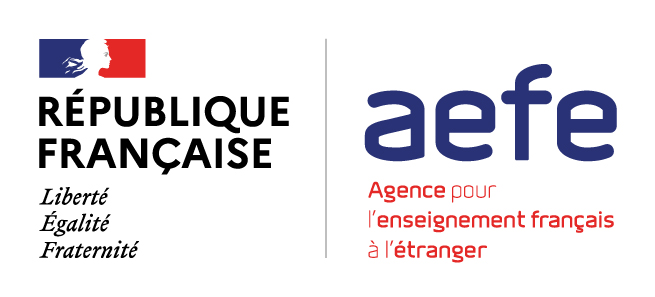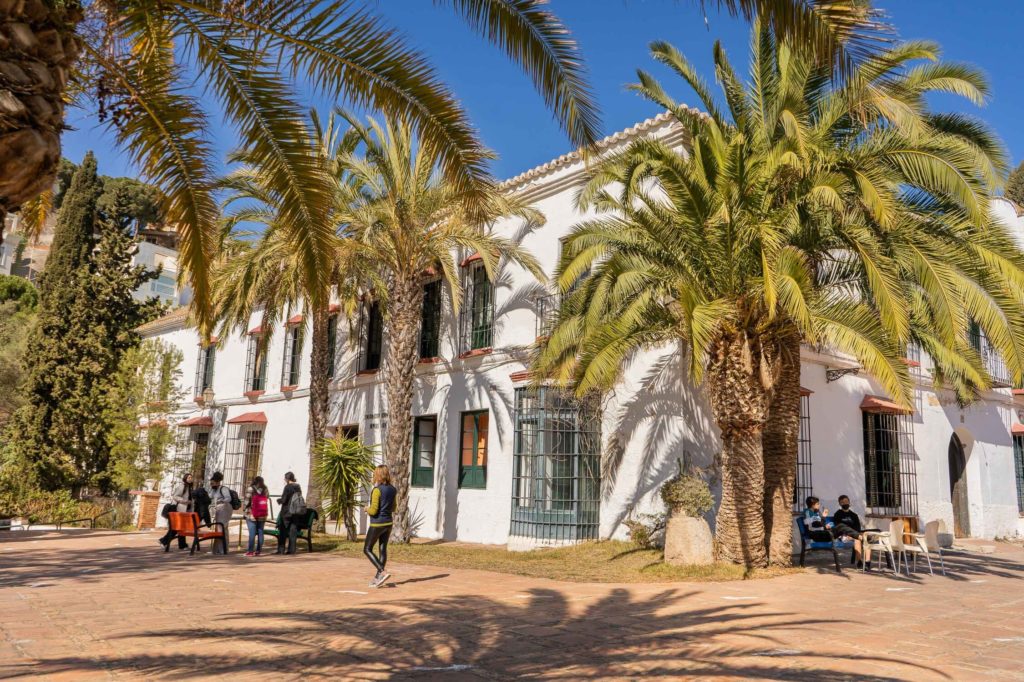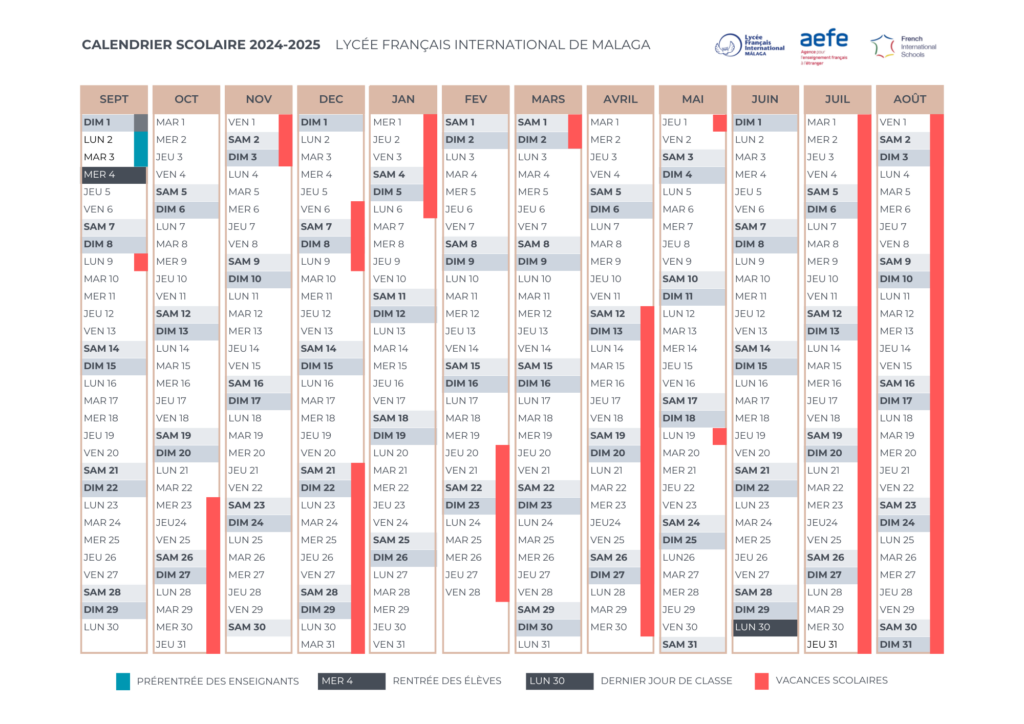This workshop, led by Ms. Laure Linot, journalist, and Mr. Arnaud Jeanjean, professor of history-geography, resulted in the production of a series of 6 podcasts on the theme of information in the internet age. , entitled “Info 3.0”. These podcasts have been entirely thought out and designed with 1st option HGGSP students.
They were able to work on different skills, including transferable skills: they wrote emails to contact specialists, chose a theme and investigated to find reliable information, prepared interviews and asked questions live. They also handled the technical material, audio editing and writing for their podcast launch.
To finalize this work, an award ceremony was organized. The result is the following:
1st prize “Micro d'or”: Podcast #1 on Didier Désormeaux – theme: why do we believe in conspiracies?
2nd prize “Micro d'argent”: Podcast #4 on Aude Favre – topic: why does the adrenochrome conspiracy theory attract audiences?
Price with special mentions:
Special mention for perseverance: #2 on Stéphane Vojetta – theme: influencers: information or advertising?
Special Mention Autonomy: #3 with Nacer Boubekeur – theme: how to inform on social networks?
Special mention Quality of the interview: #6 with Thomas Huchon – topic: why fake news threaten democracy?
Special Mention Editing: #4 on Vito Contreras – theme: why do we need to educate the media?
Here is the first episode “Podcast Info 3.0”:
Here is the second episode. Three students interviewed Stéphane Vojetta, MP for the 5th constituency of French people living abroad and rapporteur for the new law on influencers. It answers questions from these high school girls about the changes that this new law will bring about and addresses the risks and abuses of certain influencers. A podcast that allows students to question themselves in their way of consuming information on social networks.
… And the third episode: Nacer Boubekeur, web journalist at France Info, answers questions from three students. He explains how social networks and platforms like Twitch and TikTok are used by professional journalists to inform younger audiences. He deciphers the particular codes of these new media. Enough to develop a wise look at the media and learn more about how to get information in the internet age!
Fourth episode: journalist and Youtuber Aude Favre, member of the Association for the fight against disinformation “Fake Off”, responds to three high school students on the adrenochrome conspiracy theory, mentioned in Prime Time on Cyril Hanouna's #TPMP program . Aude Favre also evokes a new way of doing journalism in a collaborative way, by directly involving citizens in journalistic investigations through social networks. Enough to give students tools to better know how to verify information and thwart the traps of conspiracy theories!
Media workshops also allow you to work on languages! The proof is in this new podcast from the "Info 3.0" series recorded in Spanish. How to spot fake news? How to successfully get information on social networks? In this 5th episode, Vito Contreras, a journalist and member of the "Asociación de la Prensa de Málaga (APM)" and facilitator of media education workshops in Spain, answers questions from 3 high school students. She discusses the importance of learning journalistic techniques at school to better navigate the mass of information circulating on social networks.
… Sixth and final episode: Should we talk about fake news or infox? Who creates false information and who shares it? What role does AI play in the creation of fake news? In this episode, Thomas Huchon, investigative journalist, director for the Spicee channel and co-author of the book "Anti fake news", answers students on the theme of disinformation and explains how fake news can be a danger for democracy.
Good listening !









